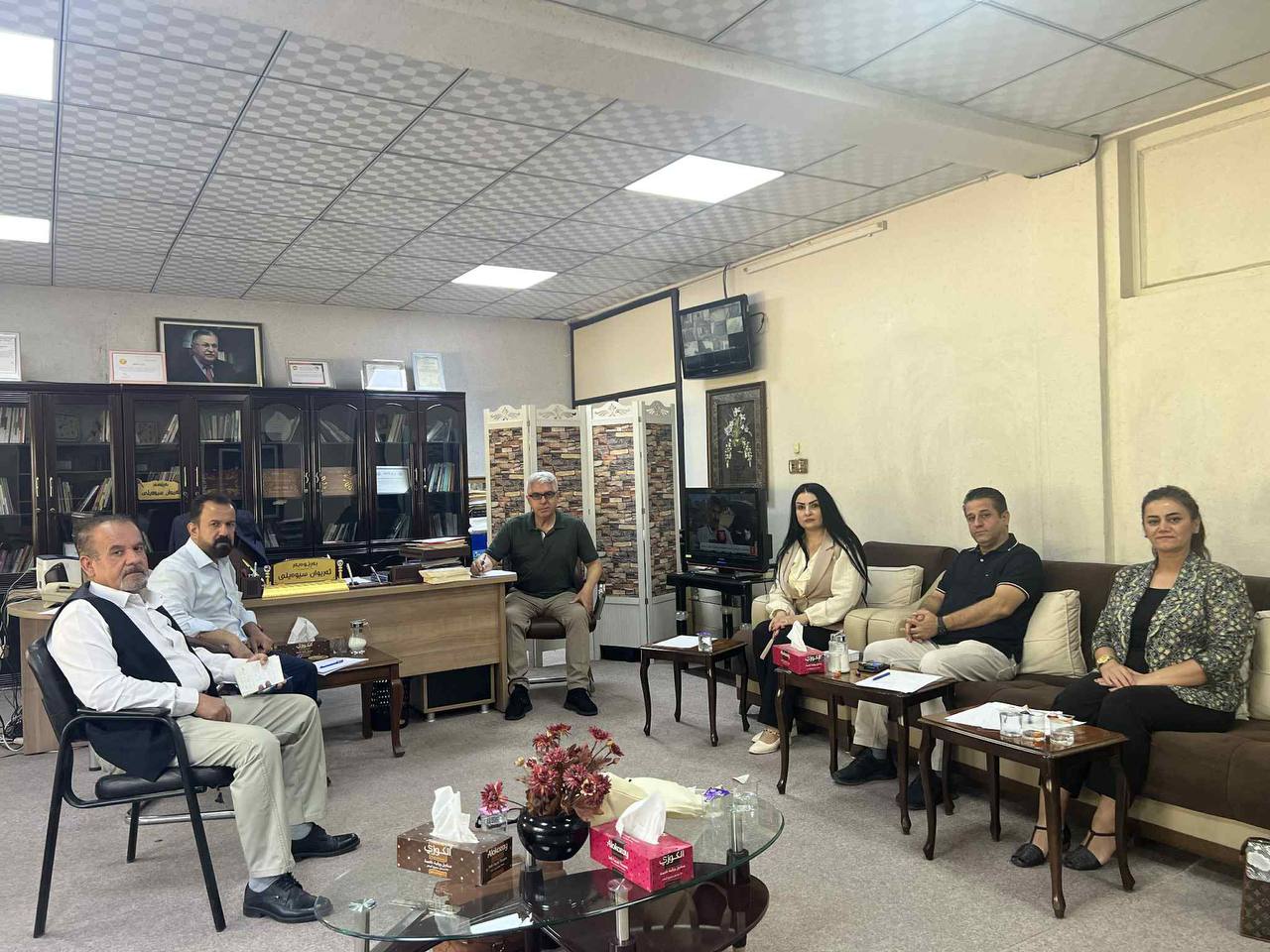Sulaymaniyah will host an international scientific conference focusing on Kurdish genocide reflections in literature, arts, and media on August 25-26, 2025, with invitations being sent to designated institutions and personalities.
Conference Planning and Coordination
Arivan Siwayili, Director of the Information, Printing and Publishing Directorate of Sulaymaniyah, announced that the coordination committee for the International Scientific Conference on Kurdish Genocide met on August 16, 2025. The meeting focused on finalizing preparations for the upcoming conference, which will examine how Kurdish genocide has been reflected and portrayed through various cultural mediums including literature, arts, and media.
During the coordination meeting, committee members identified and designated specific institutions, venues, and notable personalities who will receive formal invitations to participate in this significant academic gathering. The selection process aimed to bring together experts, scholars, and cultural figures who can contribute meaningfully to the discourse surrounding Kurdish genocide documentation and representation.
The committee systematically distributed responsibilities among its members to ensure comprehensive preparation for the conference. Each member received specific tasks related to organizing different aspects of the event, from academic programming to logistical coordination, ensuring that all elements of the conference will be properly managed and executed.
This careful planning approach reflects the serious academic nature of the conference and the importance placed on creating a meaningful forum for discussing one of the most tragic chapters in Kurdish history through the lens of cultural expression and documentation.
Conference Details and Official Oversight
The International Scientific Conference on Kurdish Genocide is scheduled to take place on August 25-26, 2025, in Sulaymaniyah. The venue selected for this important academic gathering is the Highcrest Hotel hall, which will provide appropriate facilities for hosting international participants and academic presentations.
The conference will operate under the official supervision of Hama Hama Said, Minister of Culture and Youth of the Kurdistan Regional Government. This high-level governmental oversight underscores the significance that regional authorities place on academic research and discussion regarding Kurdish genocide and its cultural representations.
The ministerial supervision also ensures that the conference will maintain academic standards while receiving necessary governmental support for international participation and scholarly exchange. This official backing demonstrates the Kurdistan Regional Government’s commitment to fostering serious academic discourse about historical events that have shaped Kurdish identity and collective memory.
The conference’s focus on examining genocide reflections in literature, arts, and media represents an important multidisciplinary approach to understanding how traumatic historical events are processed, documented, and transmitted through cultural expression. By bringing together international scholars and experts, the conference aims to contribute to broader academic understanding of how genocide experiences are represented across different artistic and literary mediums.
The two-day format will allow for comprehensive examination of various aspects of the topic, providing sufficient time for presentations, discussions, and scholarly exchange among participants from different academic backgrounds and geographical regions. This international scope is expected to enrich the academic discourse and provide diverse perspectives on how Kurdish genocide has been portrayed and understood through cultural works.


